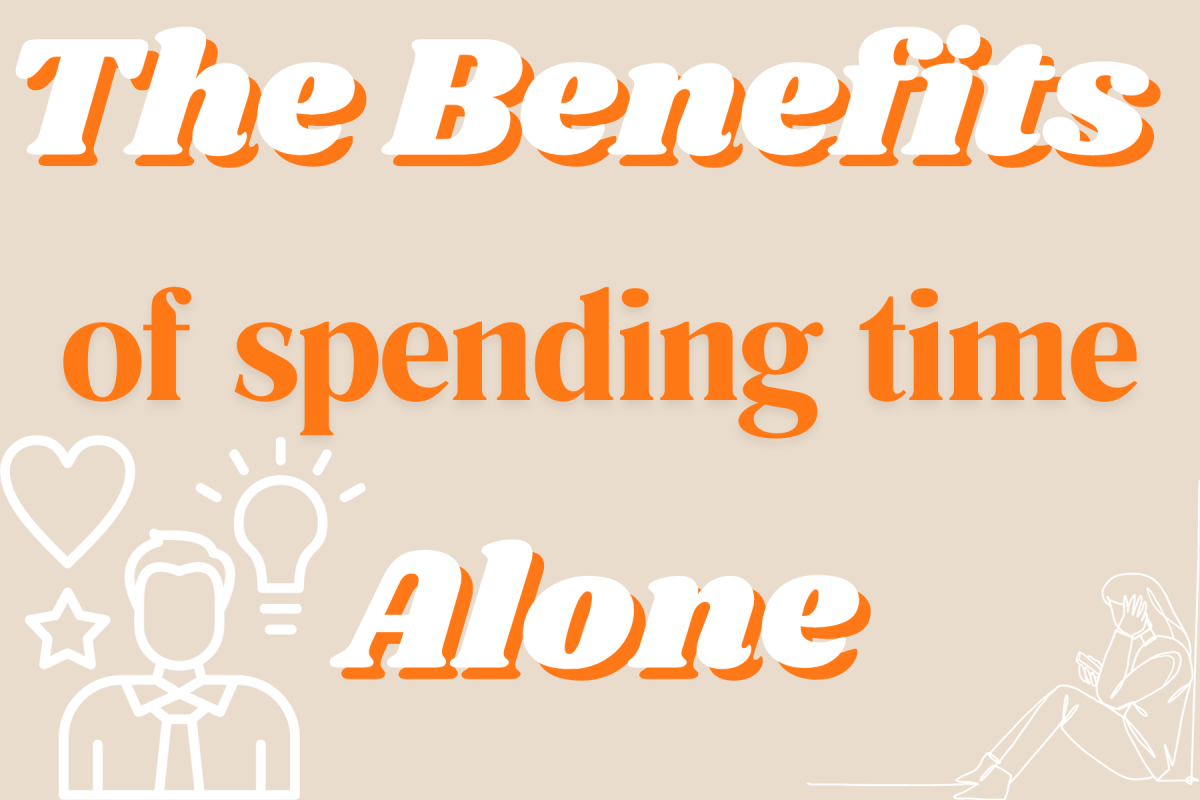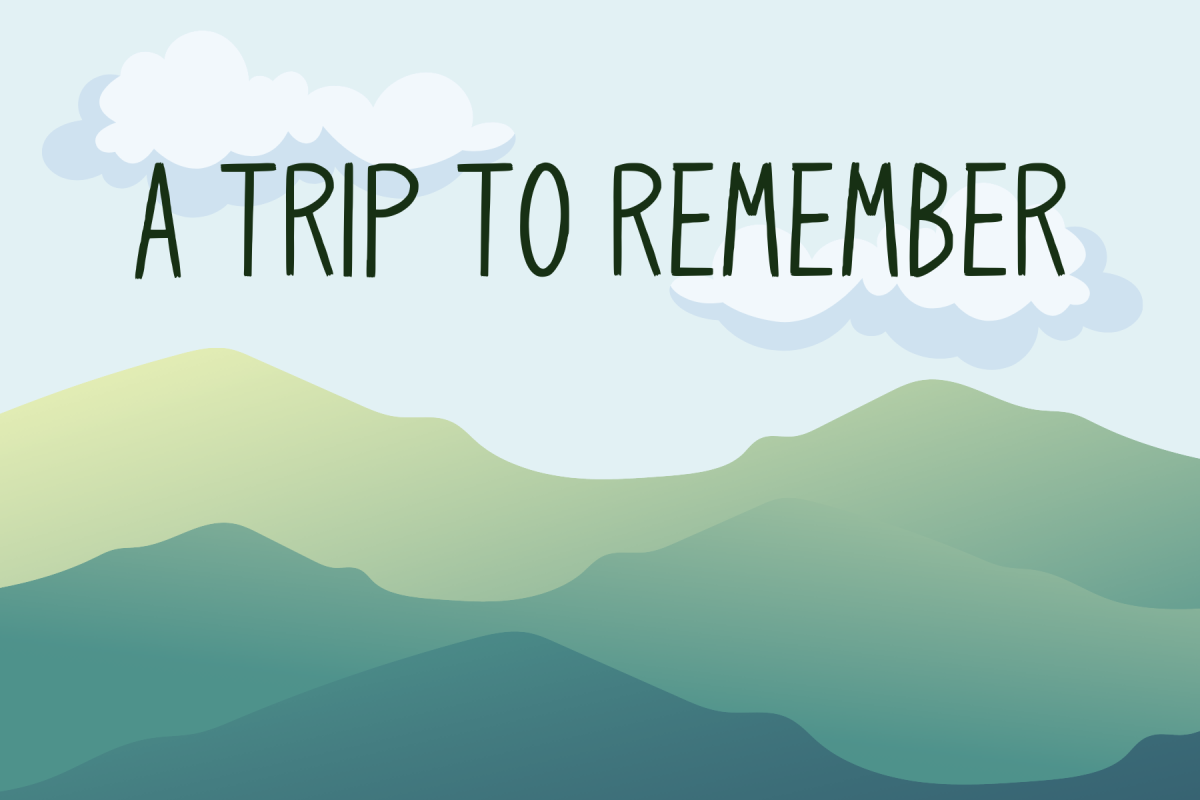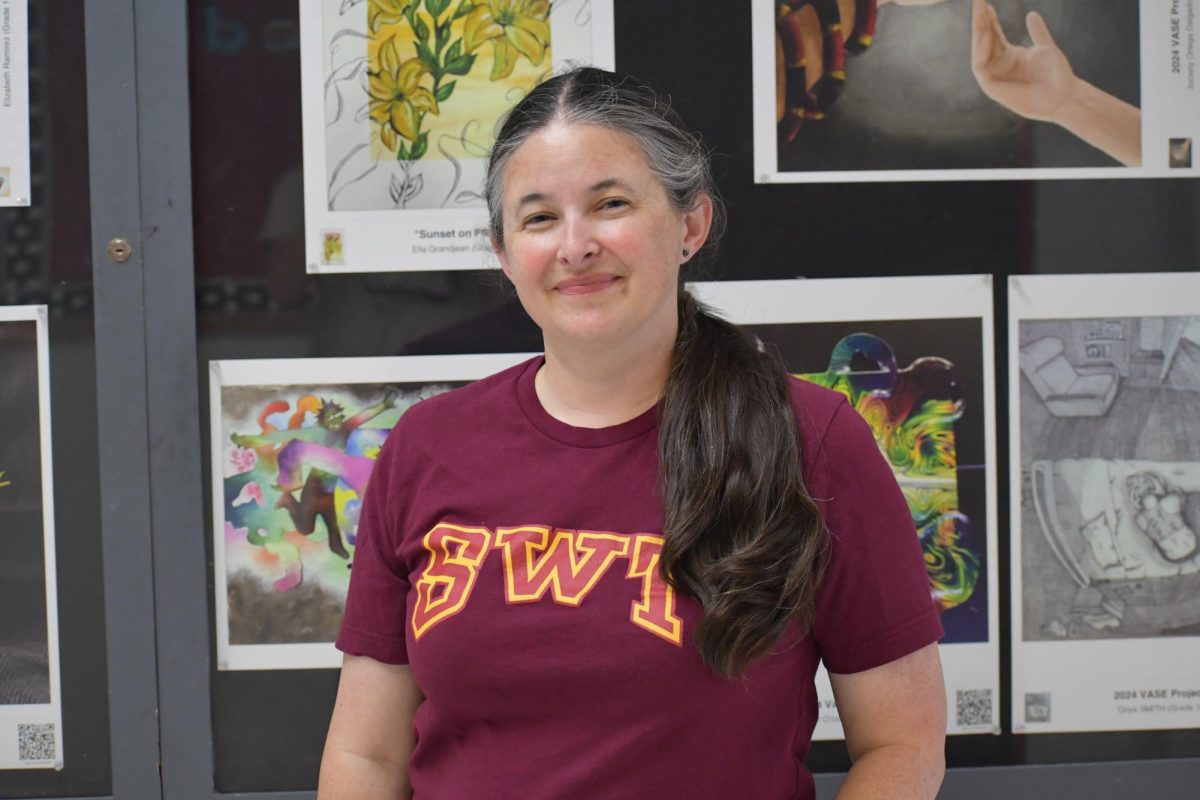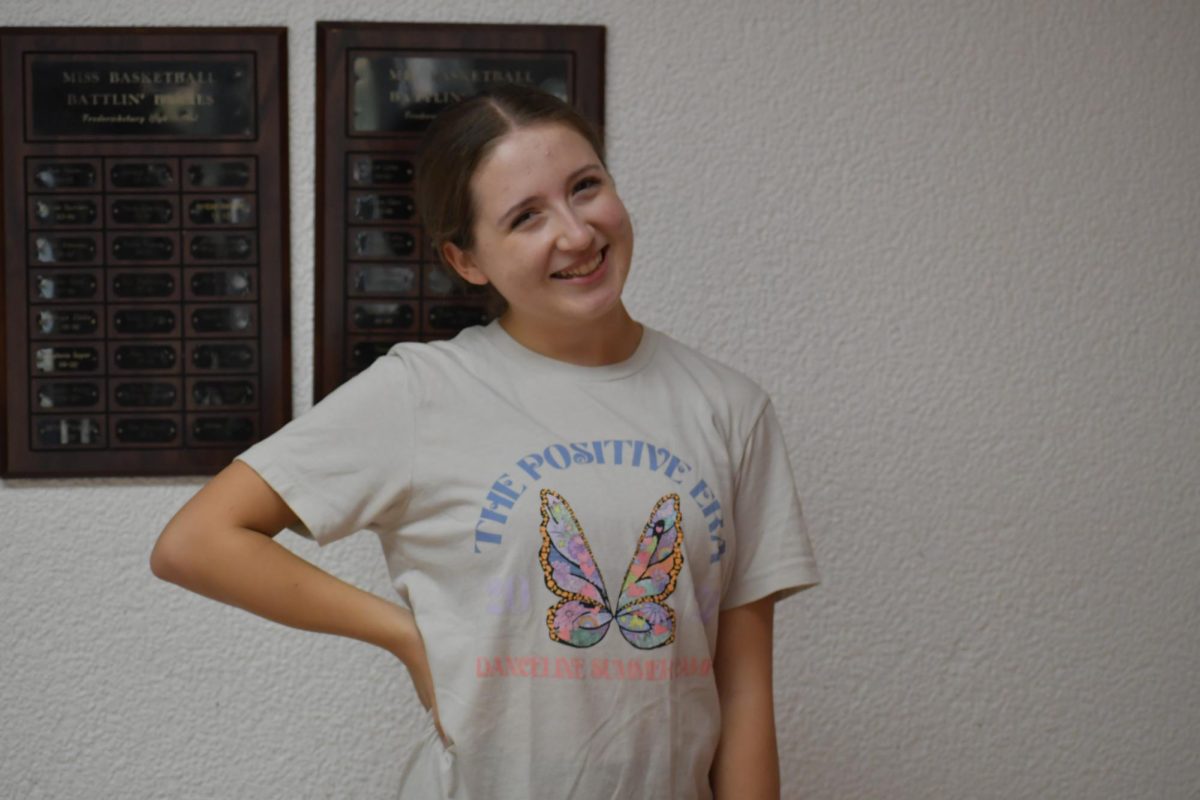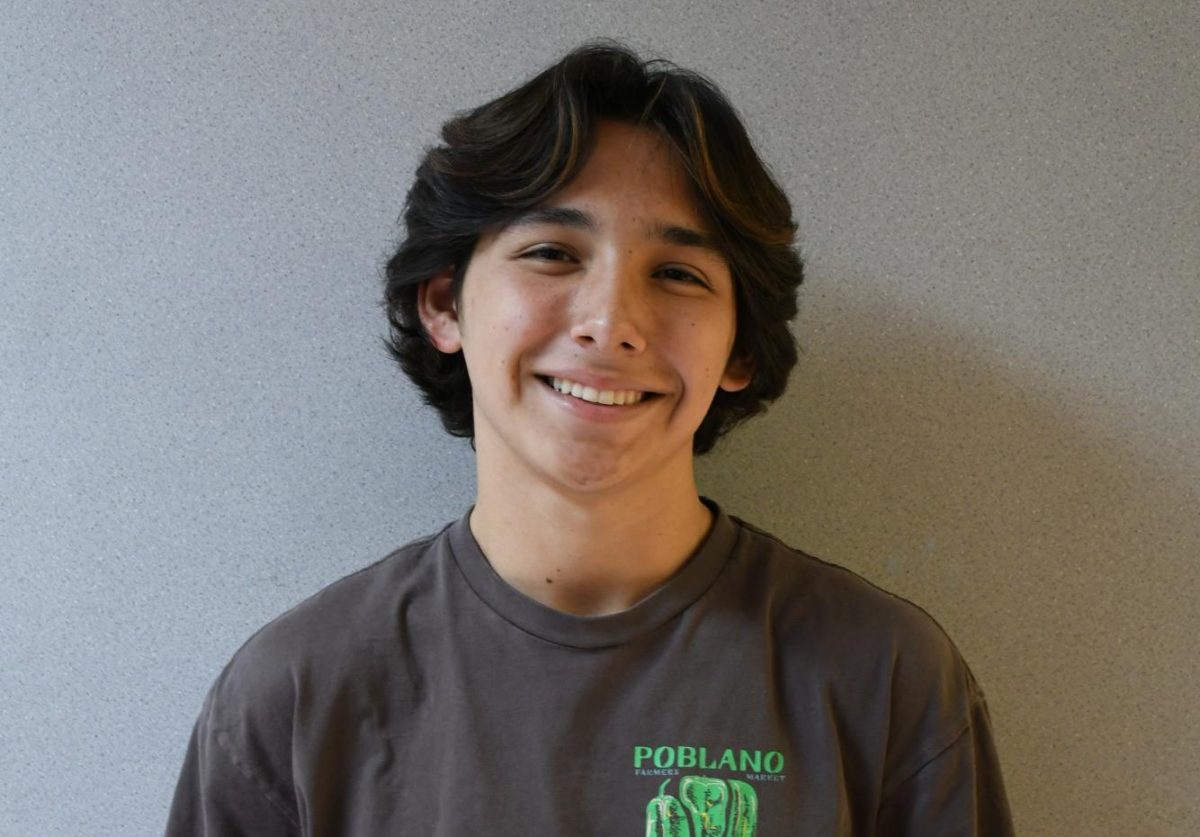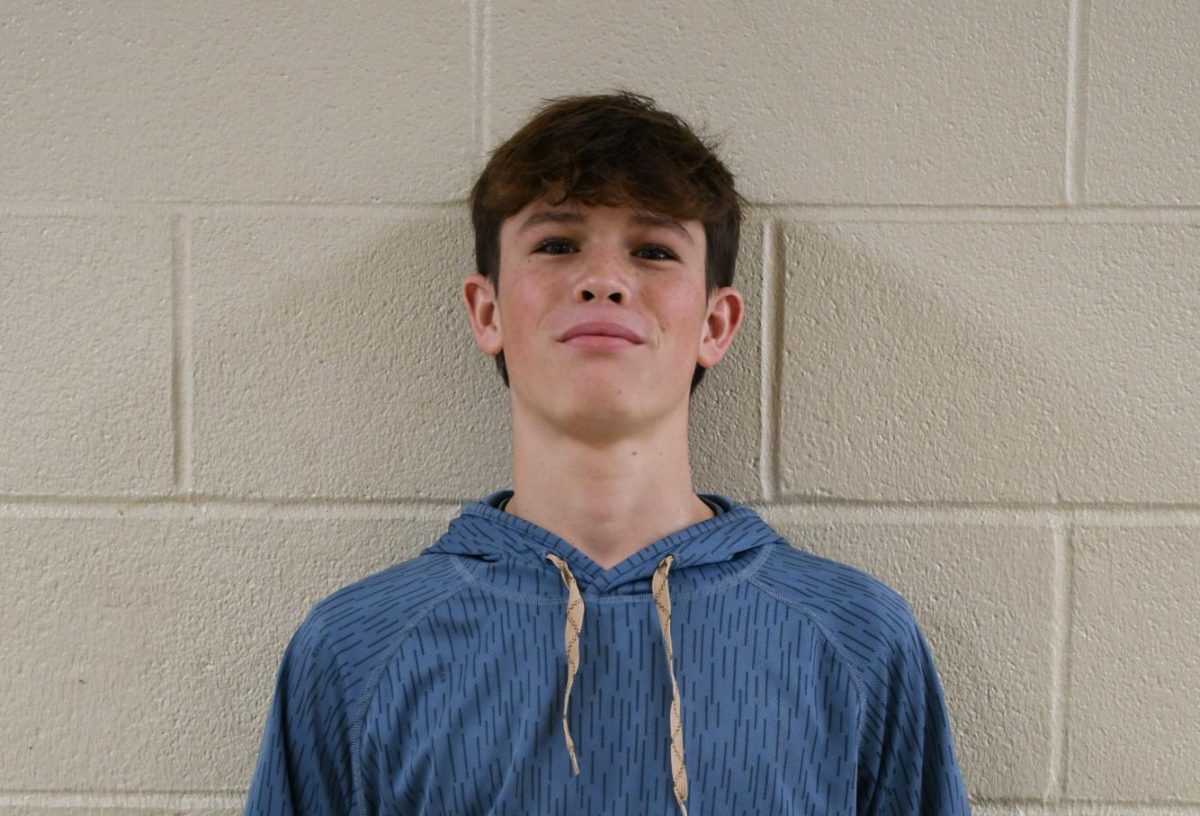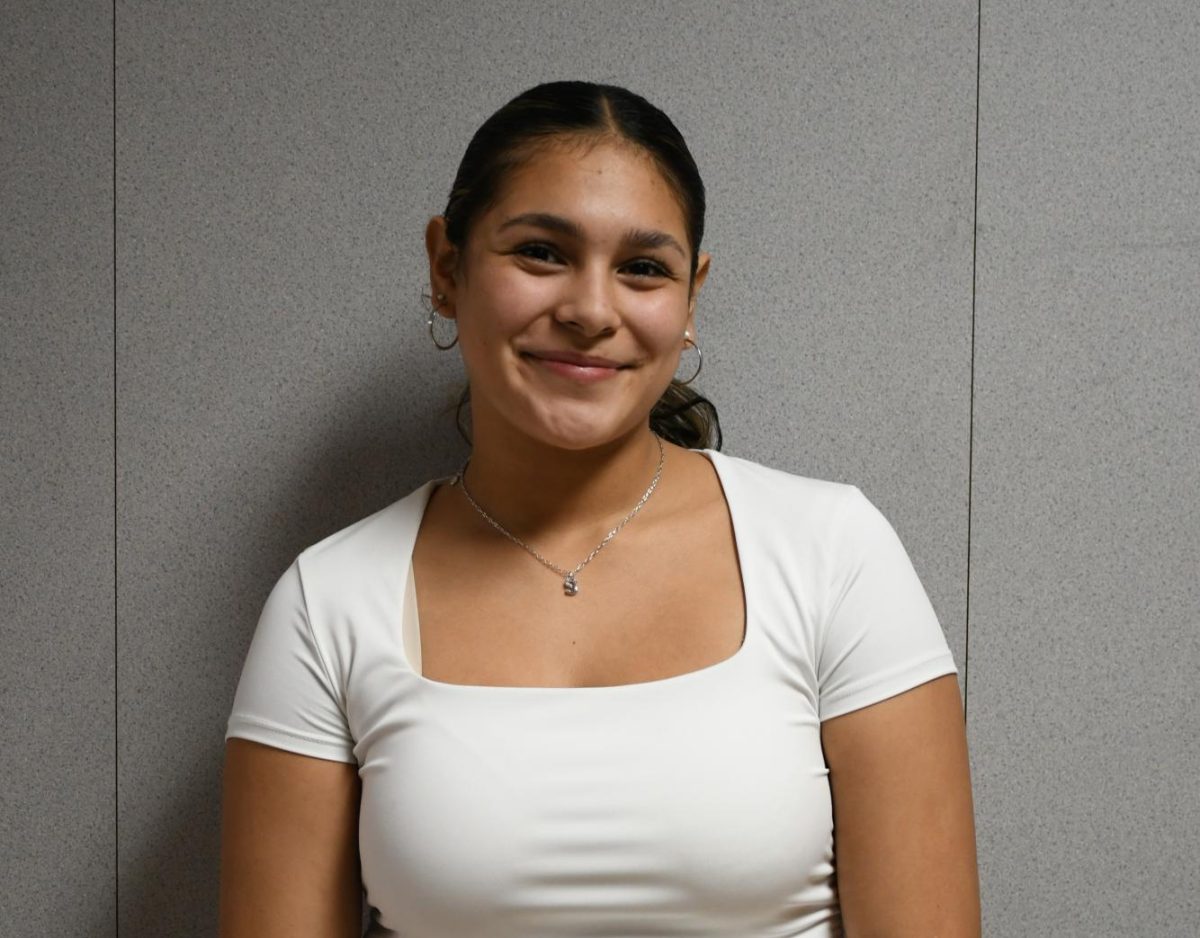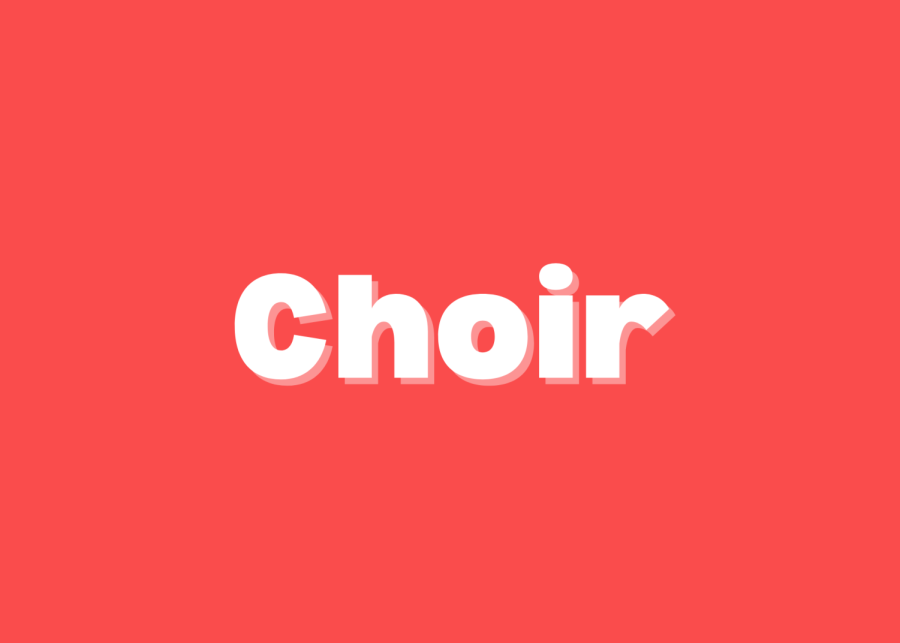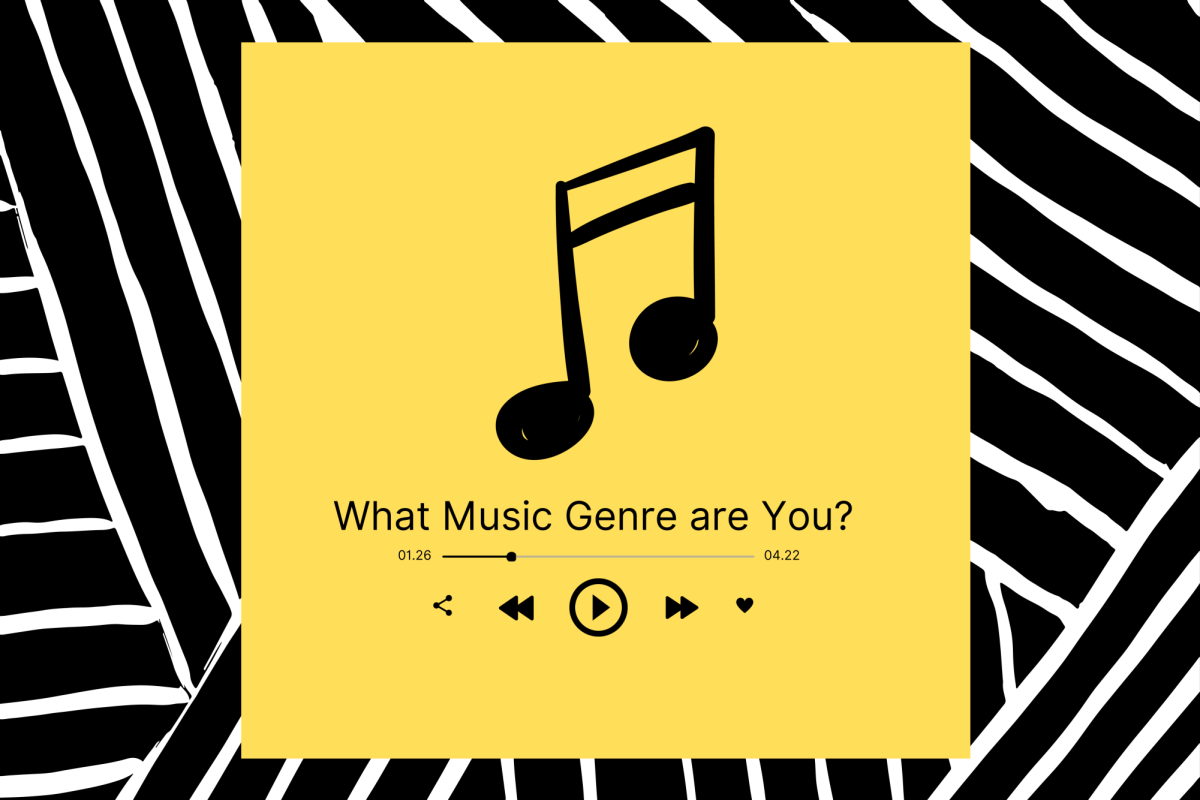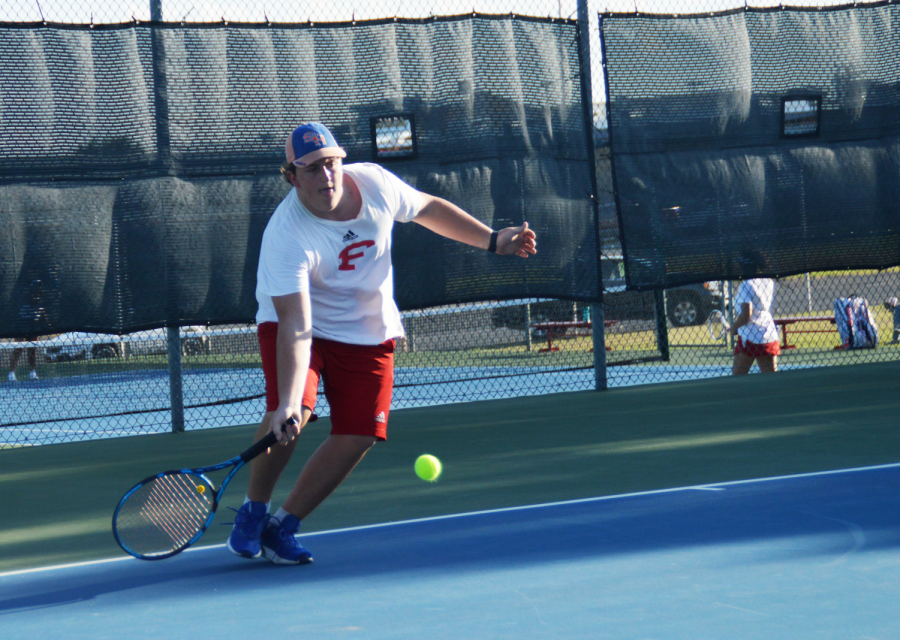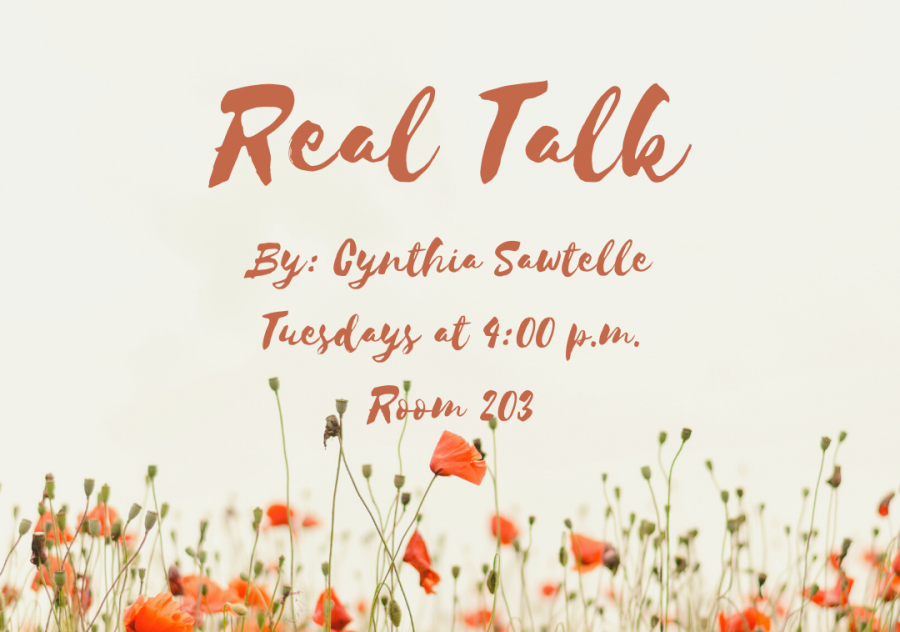Real Talk
December 1, 2020
Fredericksburg High School’s nurse Kassidy Copell, social worker Melanie Yonke, and counselor Jenny Immel are all leaders of the mental health support group, “Real Talk.” Resources are given in each meeting, and yoga sessions are an option for anyone who wishes to participate.
Students attend Real Talk meetings after school at 4 p.m. on Tuesdays in room 203. Coping mechanisms, grounding techniques, and a safe haven are all offered.
“Nurse Kassidy came to me before school even started and said that she was worried about students having anxiety, especially with COVID-19,” Yonke said. “We were both worried that with masks and the pandemic everyone’s anxiety would be high, so she suggested we start a group.”
Ms. Yonke and nurse Kassidy both struggle with anxiety, and they wanted to offer coping mechanisms, grounding techniques and any advice possible for students.
“We talk about daily stressors and the physical effects of worry on your body,” Yonke said. “We discuss how to take care of yourself as well as how to cope and remedy anxiety if you do have it.”
Each week, there is a different topic to discuss in the support group.
“We talk about school, friendships, social media, relationships and home life,” Yonke said. “Anything is on the table.”
While the group can be light and fun-filled, it’s also important to the leaders to focus on “Real Talk.”
“I actually suffer from anxiety, and I have since high school,” Copell said. “I feel like if I had people to talk to that were going through the same thing, I wouldn’t have felt quite as alone and different as I did.”
Anxiety and depression can feel incredibly lonely, and the goal of this group is to help students feel less alone. Isolation is often the first reaction when dealing with mental illness. But, studies show that with support it’s much easier to deal with struggles, and suicides are much less likely to occur.
“[Real Talk] is pretty organic,” Yonke said. “The students are completely in charge of the details of what happens. We can change the time and day to accommodate more students. In the group, we like the idea of having speakers for acupressure, meditation, yoga, and whatever else the students want.”
It’s a casual, safe space, and everything is completely optional. You can come to the group, and you don’t have to talk; you can simply listen and observe if desired. Sometimes it’s important to know you’re not alone, and other people are going through similar things.
“I envision having a group like this every semester,” Yonke said. “I want to give students the tools they need to deal with panic attacks and even insomnia.”
According to the National Institutes of Health, roughly one in three teenagers will struggle with an anxiety disorder. It’s becoming quite common, and with the global pandemic, there’s a need to address this issue more than ever.
“There are way more kids than most realize who are struggling with this, and it would be so beneficial to talk to other students and see how they deal with this,” Yonke said. “While we might be running the group, at the end of the day, you are all leaning on each other and know how to support one another best.”








